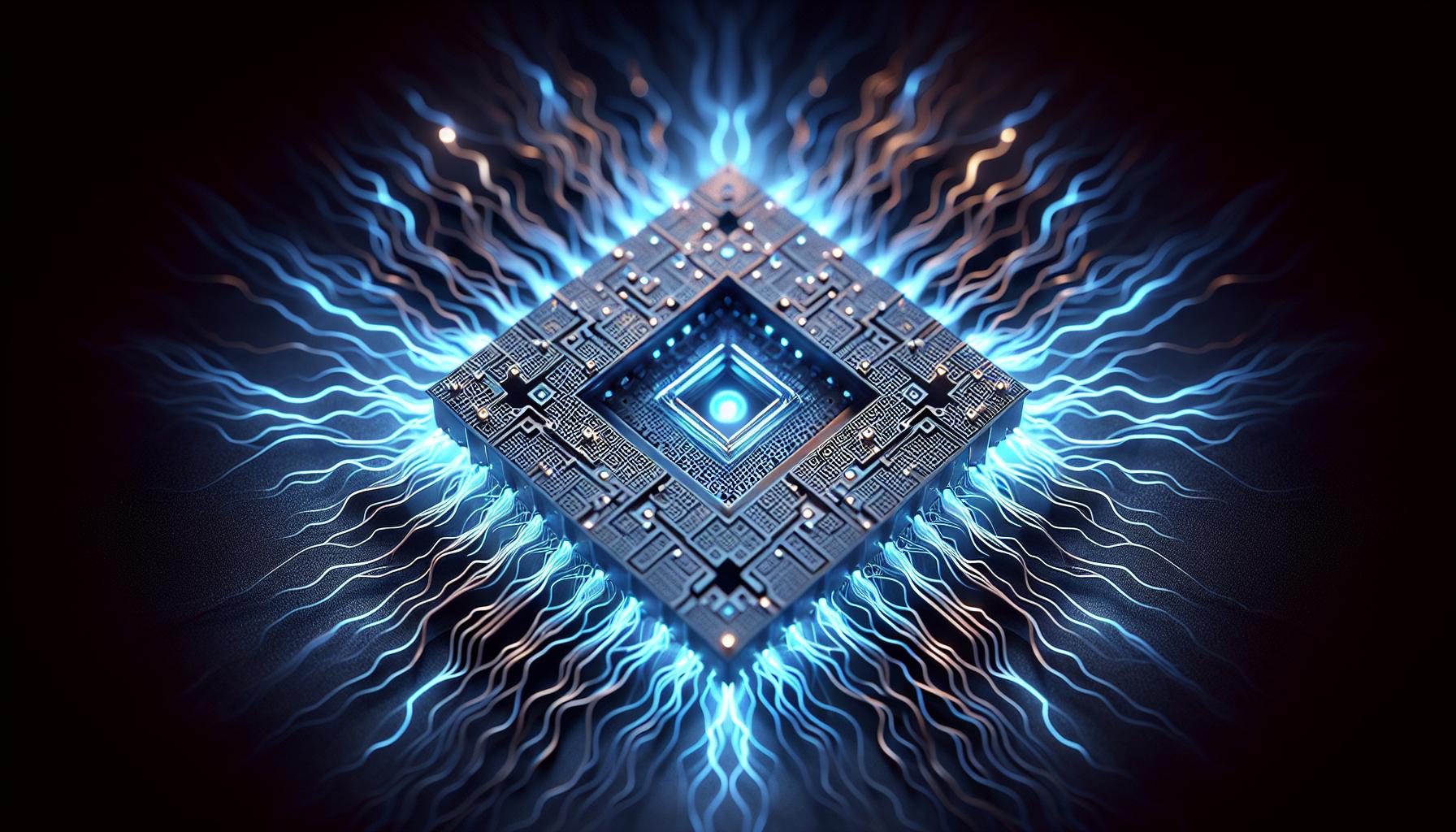| Category | Technology |
| Link Type | Do Follow |
| Max Links Allowed | 2 |
| Google Indexed Pages | Check Indexed Pages |
| Sample Guest Post |
https://buydomainspremium.com/quantum-co ... |

|
Rank: 2.7 Domain Authority: 14 Page Authority : 27 Links In: 329 Equity: 205 |

|
Rank: 1064676 Domain Rating: 46.0 External Backlinks: Referring Domains: Dofollow Backlinks: Referring IPs: |

|
SemRush Rank 10270314 SemRush Keywords num 15 SemRush Traffic 3 SemRush Costs unknown SemRush URL Links num 6 SemRush HOST Links num 413 SemRush DOMAIN Links num 416 Facebook comments 0 Facebook shares 43 Facebook reactions 1 |
Website Rating
N/A
No Data
No orders yet - rating will be calculated after first orders
--
Completion Rate
--
Avg Days
--
Reviews
No reviews available yet
|
|
Quantum computing sounds like something out of a sci-fi movie, but it’s rapidly becoming a reality that could revolutionize our world. As someone who’s always been fascinated by cutting-edge technology, I find the potential of quantum computing both thrilling and a little mind-boggling. Unlike classical computers that use bits as 0s and 1s, quantum computers use qubits, which can exist in multiple states at once, thanks to the principles of quantum mechanics.
This new way of processing information promises to solve complex problems much faster than traditional computers ever could. From cryptography to drug discovery, the possibilities are endless. But what exactly is quantum computing, and how does it work? In this article, I’ll break down the basics, demystifying the science behind it and exploring its potential impact on various industries. Whether you’re a tech enthusiast or just curious about the future, understanding quantum computing is a journey worth taking.
Quantum computing uses principles of quantum mechanics to process information in ways traditional computing can’t. Classical computers use bits to represent data as 0s or 1s, but quantum computers use qubits. Qubits can exist in a superposition of states, meaning they represent both 0 and 1 simultaneously. This ability expands computational possibilities significantly.
Entanglement is another key feature. When qubits become entangled, the state of one qubit can depend on the state of another, even across distances. This interconnectedness allows for complex calculations and massive parallelism, which traditional computers can’t achieve.
Quantum gate operations manipulate qubits in quantum computing. These gates function differently from classical logic gates, enabling operations that consider multiple possible outcomes at once. This parallel processing is why quantum computers have the potential to solve problems exponentially faster.
Errors can occur due to qubits’ sensitivity to environmental factors, known as decoherence. Quantum error correction is critical for maintaining stable operations. It involves using additional qubits to detect and correct errors, ensuring reliable quantum computations.
With these capabilities, quantum computing promises breakthroughs in areas such as cryptography, optimization, and materials science. By harnessing quantum principles, it has the potential to transform industries and redefine solving complex problems.

Understanding the fundamental concepts in quantum computing is crucial for grasping how it differs from classical computing. Each component, from qubits to quantum gates, plays a pivotal role in its functionality.
Qubits serve as the basic units of information in quantum computing. Unlike classical bits, which are either 0 or 1, qubits exploit quantum mechanics to exist in both states simultaneously. This capability enables a quantum computer to process a vast amount of information at once, increasing its computational power exponentially over traditional systems.
Superposition underpins the power of qubits by allowing them to assume multiple states concurrently. A qubit in superposition can be in a mix of 0 and 1 states, rather than being confined to a single binary value. By exploiting superposition, quantum computers can solve complex problems with a fraction of the resources needed by classical computers.
Entanglement links qubits in such a way that the state of one directly affects the others, regardless of distance. This connectivity contributes to the impressive computational capabilities of quantum systems, allowing simultaneous processing of interconnected data. Entanglement facilitates complex operations and enhances communication between qubits, boosting overall efficiency.
Quantum gates manipulate qubits to perform operations fundamental to quantum computation. Unlike classical logic gates that work with definite states, quantum gates function on qubits in superposition, evaluating numerous outcomes with a single operation. This process enables faster problem-solving through parallel processing capabilities, setting quantum systems apart from classical machines.